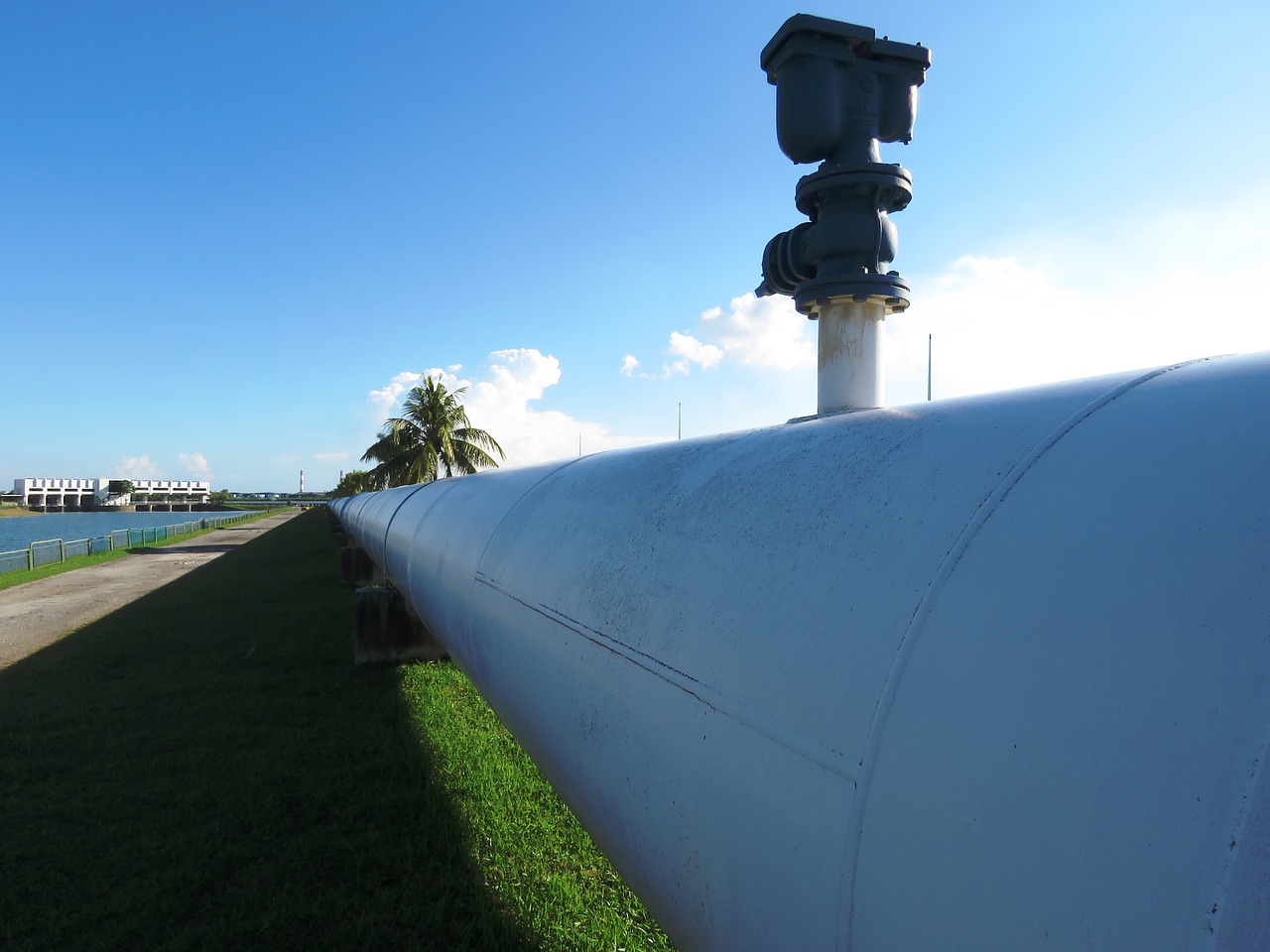 EMERGING TECH
EMERGING TECH
 EMERGING TECH
EMERGING TECH
 EMERGING TECH
EMERGING TECH
Energy market information and analysis supplier S&P Global Platts announced Thursday that the company will soon launch a blockchain distributed ledger to help track oil storage data for the Fujairah Oil Industry Zone and the regulator FEDCom.
FOIZ is the largest reservoir and supplier for refined oil products in the Middle East and Platts is the exclusive publisher of FOIZ’s weekly oil inventory numbers.
Platts intends to use the blockchain as a transactional and historical database recording reserves and allow for records to be kept as aggregate numbers or as granular as individual operator numbers. Those numbers can then be verified by FEDCom and by algorithmic processes to reduce human input error.
“We believe our project, in conjunction with our partners in Fujairah, represents a first for oil markets by offering a full blockchain deployment to provide market participants with data that is increasingly critical in the region and to the global oil markets,” said James Rilett, senior director of innovation and digital strategy at S&P Global Platts.
The company’s proprietary blockchain is built on the open-source Hyperledger Fabric, a project of the Linux Foundation, and will allow individual operators to submit reports to FEDCom through a permissioned submissions environment using smart contracts. FEDCom in turn will run a second smart contract series that will take the data, automatically calculate aggregate numbers and submit the data to Platts across a public channel.
In this fashion, the blockchain technology will provide a two-tiered privacy mechanism that will allow the regulator to observe the process transparently while preserving the secrecy of proprietary information and continue to maintain the public weekly reports provided by Platt to customers.
“Blockchain innovation will allow Fujairah’s terminal operators such as us to deliver operations in a more efficient and secure environment,” said Mamdouh Malek Azizeh, commercial director of Fujairah oil terminal FZC.
Using the inherent cryptography and tamperproof security provided by the blockchain protocol, Azizeh said, “will allow Fujairah Oil Terminal to increase operational efficiency and data management security.”
Security is a big part of energy commodity delivery and operations. The solution developed by Platts and FEDCom would focus on keeping information private while also increasing efficiency of reporting by reducing the incidence of human error. “The technology will allow us to deliver results under a secure and no-risk environment,” Azizeh said.
Blockchain technology in the energy industry is still finding its footing and Platts solution will beat others to market, including one being developed by BP PLC and Royal Dutch Shell PLC, among other energy consortium members, designed to swap energy commodities.
That project, which is slated to be ready by the end of 2018, will bring together at least eight companies, mostly European, to participate in energy commodity trades on a blockchain system including oil and electricity.
THANK YOU